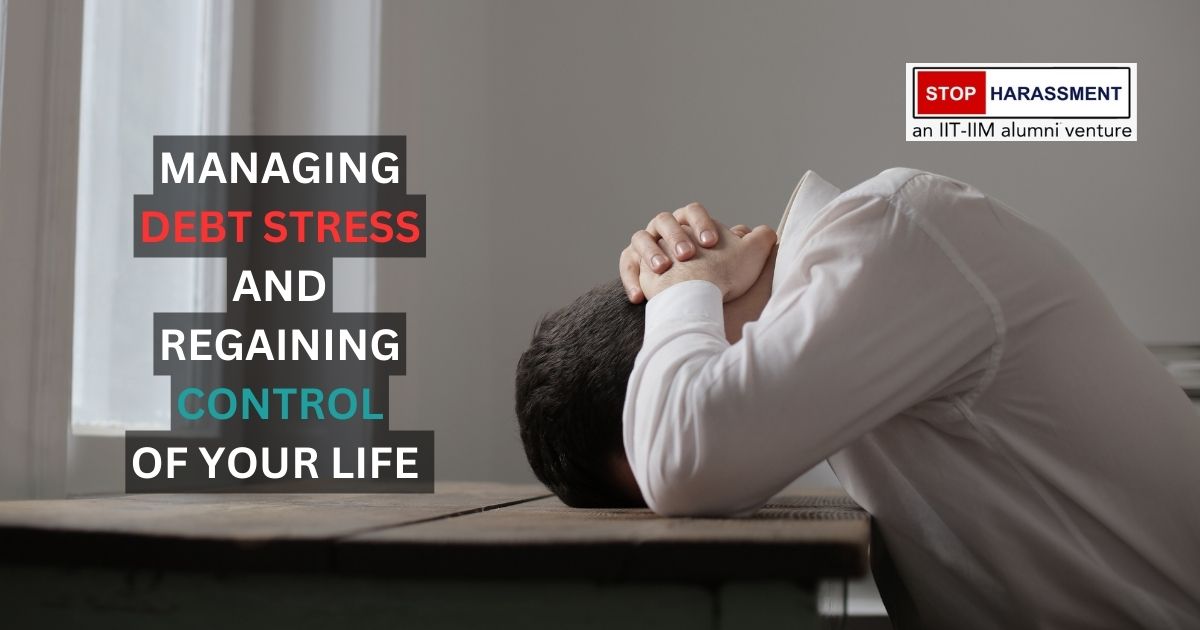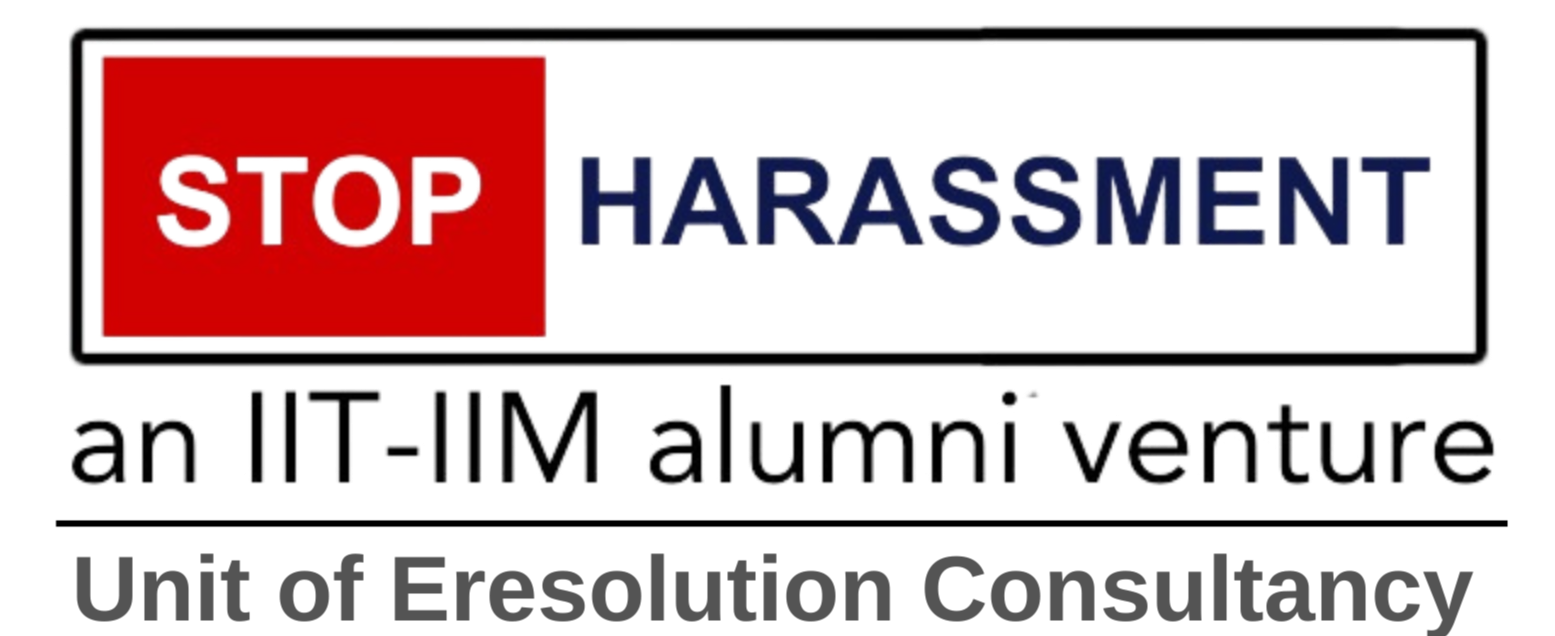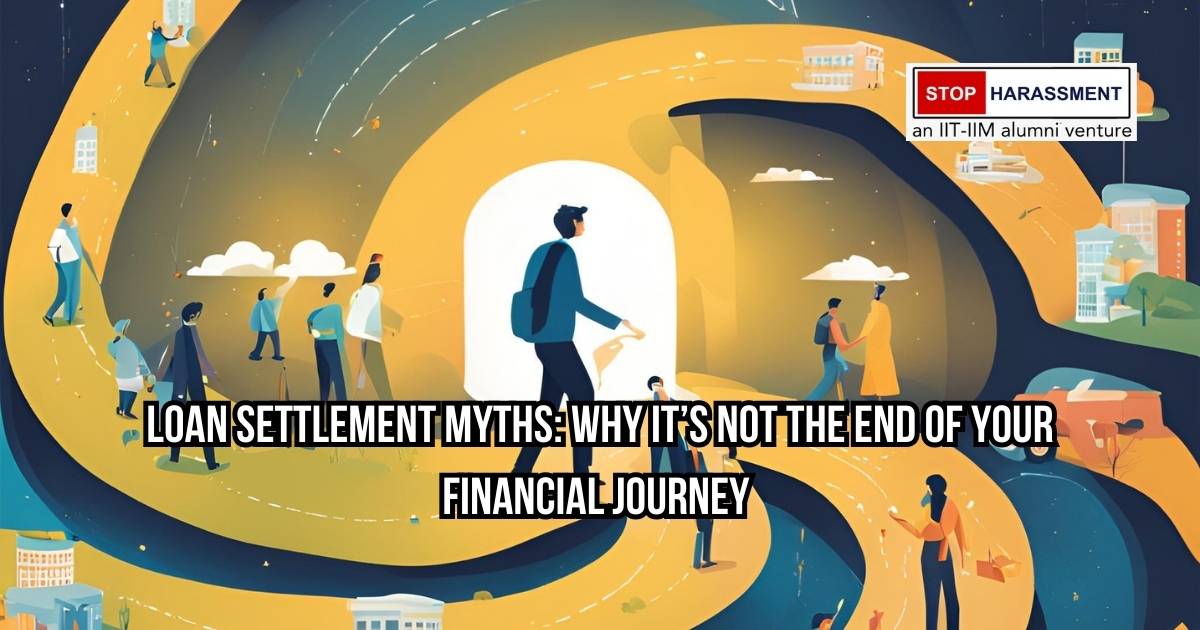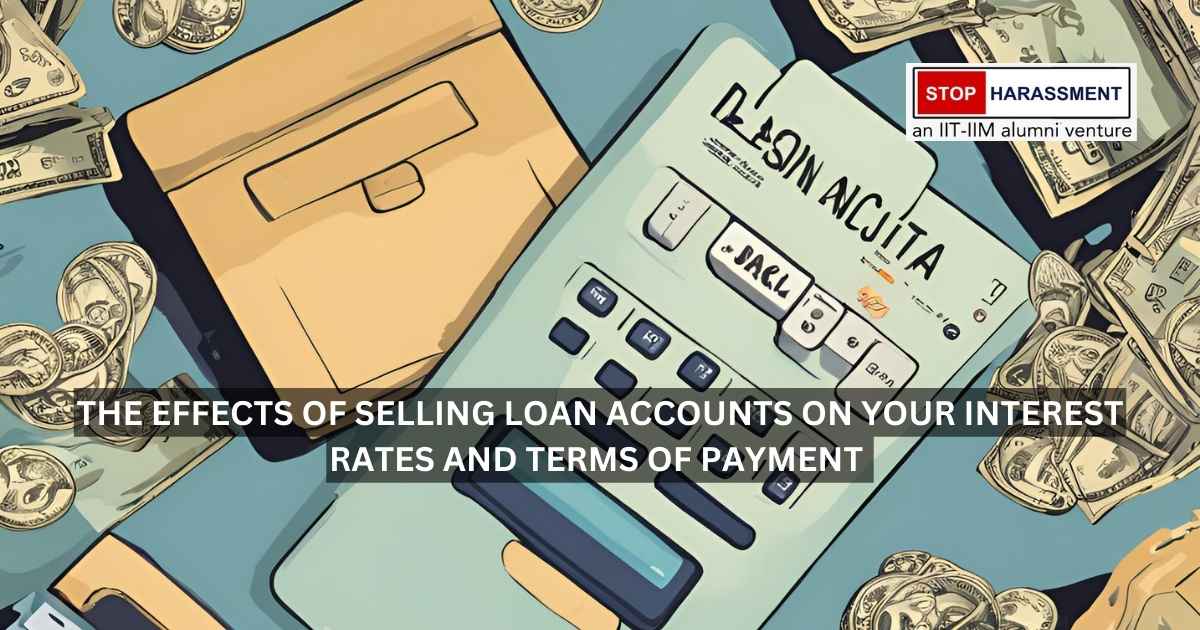· Debt Management · 4 min read
Managing Debt Stress and Regaining Control of Your Life
Debt impacts finances and emotions. Learn how to manage debt stress, seek expert help, and create a plan to regain financial stability and peace.

Debt weighs on people, affecting both their finances and emotions. Many folks find debt to be more than just numbers or bills—it’s a constant worry that touches every part of their lives. Endless calls from creditors, payment demand letters, and the threat of legal action can turn into mental and emotional distress.
Debt stress often has an influence on feelings of powerlessness, shame, and seclusion when it starts to impact personal relationships, job performance, and mental well-being. This feeling of being stuck in a downward cycle might even cause people to give up hope of ever getting back on their feet. In the worst cases, it can turn into depression and other mental health problems.
Knowing how debt affects our emotions and seeing the need to handle this stress is a key first step to take back control of our lives. To tackle the tricky parts of debt, we must first face it head-on with strength, clear thinking, and a smart plan.
Understanding Debt Traps
A debt trap happens when someone takes out a loan but has a hard time paying it back. This stems from sky-high interest rates or poor money management, which leads to a debt load that keeps getting bigger. People often find themselves in these traps because of things they didn’t see coming - like getting sick, losing their job, or falling victim to shady lending practices.
Getting credit today is a breeze, but it comes with a price tag. Credit cards, payday loans, and personal loans often hit you with sky-high interest rates and sneaky fees. When people can’t pay in full, they start racking up interest on interest, and this snowball effect pushes them further into money troubles. The endless loop of taking out new loans to pay off old ones makes things worse.
Making the situation worse are debt collectors and creditors who might use harsh methods to get their money back, sometimes crossing the line into bullying. Laws exist to shield people from these tactics. For example, the Fair Debt Collection Practices Act (FDCPA) in the US and similar rules in other countries ban unfair debt collection. Knowing your rights in these cases can help you deal with debt problems.
Ways to Handle Debt Stress
To cope with the stress that comes with debt, you need to tackle both money issues and emotions. Here are some steps that can help:
Sort Your Debts by Importance
Plan Your Spending
Talk to Your Creditors
Take Care of Yourself
Getting Expert Help
In many cases, debt can get out of hand making it tough to handle by yourself. This is when you need expert help. Several experts and groups exist to help people with too much debt:
Debt Counsellors
Debt counselling groups give expert advice on how to handle and pay off debts. These groups might help people combine their debts into one monthly payment, talk to lenders to lower interest rates, and teach them how to manage money well.Financial Advisors
A certified financial advisor can create a full money plan that looks at your current situation and gets you ready for the future. This might include making a plan to pay off debt, setting up savings for emergencies, and putting money into plans to build wealth over time.Bankruptcy Attorneys
In extreme situations when people have tried everything else, declaring bankruptcy might be a legal way to get rid of debt or change its structure under court supervision. A lawyer who knows about bankruptcy can help people understand the tricky parts of filing for it. They’ll explain the good and bad effects of this legal move in the long run. But people should think hard about all other choices before taking this step. Bankruptcy can affect your credit score and money situation for a long time.Legal Aid Societies
People who can’t pay for private lawyers can get help from legal aid societies. These groups offer free or cheap help with legal problems related to debt. They teach consumers about their rights, fight unfair collection methods, and speak for them in court if needed.
Building a Plan for the Future
After you get your debt crisis under control, you need to focus on creating a more stable financial future. This takes smart planning, self-control, and a promise to avoid past mistakes.
Create an Emergency Fund
Invest in Financial Education
Focus on Credit Repair
Set Long-Term Financial Goals
Conclusion: Taking Back Control of Your Life
Debt can stress you out a lot, but it doesn’t have to decide your future. By taking clear steps to handle the emotional and financial load, getting expert help, and making a long-term plan you can stick to, you can take back control of your life.
Keep in mind that debt is a short-term hurdle, not a lifelong roadblock. With the right game plan, you can escape the debt trap, get your finances back on track, and head towards a better, more secure tomorrow.

.DeDHnK9l.jpg)

